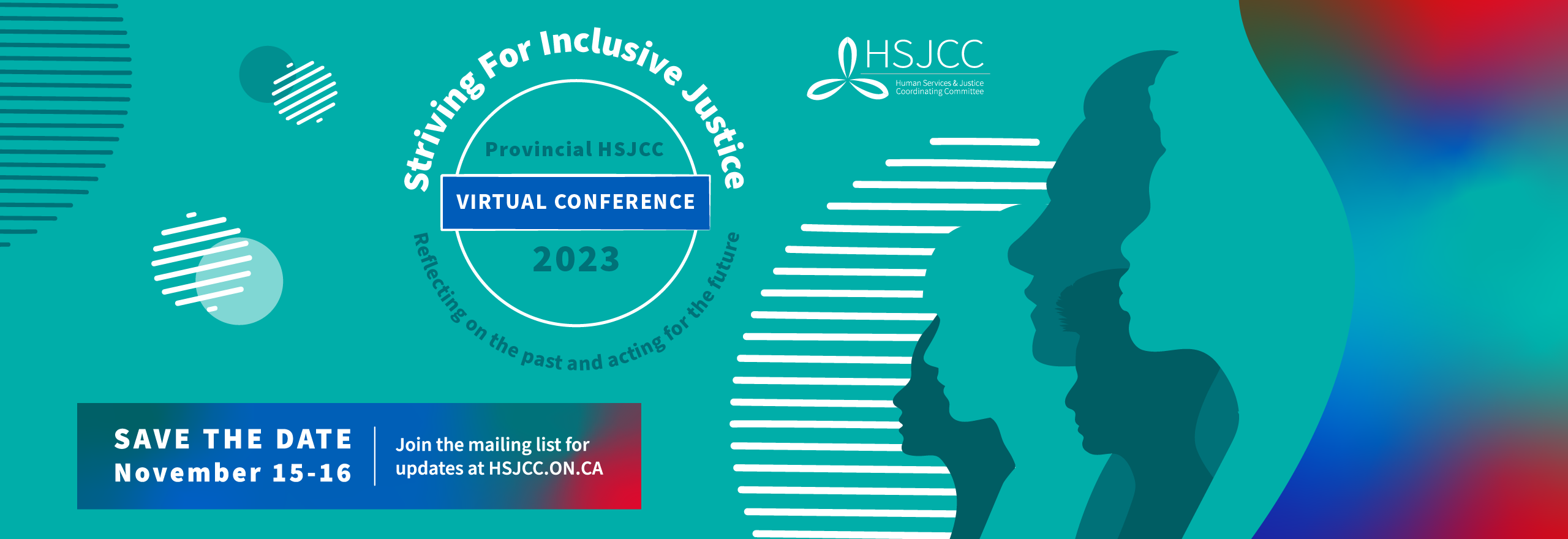2-Spirited People of the 1st Nations – Webinar – 2023-08-23
This webinar will be centred around Indigenous approaches to collective and community care, harm reduction, and wholistic wellness and will discuss the Toronto Community Crisis Service (TCCS) Indigenous led mental
A Crown Attorney’s Perspective on the Impact of COVID-19 on the Justice Sector – Webinar – 2021-02-23
A webinar presented by the Scarborough Local Human Services and Justice Coordinating Committee on February 23, 2021. Learning Objectives: At the end of the presentation, participants will:• Have increased knowledge
A Family Experience of Youth Justice – Redesigning Responsive Approaches with New Guides and a New Forensic Model for Youth Justice – 2015-11-17
This panel discussion will frame challenges and provide solutions to issues faced by mental health addictions, and justice sectors in addressing the needs, and enabling the strengths of young people under 18-years-of-age
A History and Future of Legal and Peer Advocacy in the Forensic System in Ontario [2023-11-15]
The rights of people found Not Criminally Responsible (NCR) and Unfit are difficult to achieve politically and have few champions. Rights are most often won through the Courts, under the
A Needs Assessment for Planning Mental Health and Justice Housing – 2019-11-04
For people with justice involvement and mental health or addictions issues, supportive housing can foster stable lives, better health, and reduced service use. But who sets priorities when needs are
A Safe Place to Land – Bridging the Gap Between Custody and Secure Housing – 2019-11-05
This presentation explores the efficacy and advantages of maintaining and sustaining housing for Indigenous individuals being released from custody. Together, the Canadian Mental Health Association – Sudbury/Manitoulin and the N’Swakamok
A Virtual Forensic Family Education and Support Group: Examining the Impact [2021-11-16]
The aim of this presentation is to offer an overview of a Forensic Family Education and Support Group pilot project that examines virtual forensic specific education and support to family
ABI and the Justice System: A Case Study Approach – Poster [2023-11]
Individuals with acquired brain injury, with a variety of cognitive and emotional challenges, face unique obstacles while trying to navigate a complicated process in the justice system. This poster presentation
Acquired Brain Injury and Addictions-Mental Health Collaborative – 2019-11-04
Over several months, a 20-member, multi-sector (hospital and community-based rehabilitation, hospital and community-based mental health and addictions and women’s shelter) and lived experience working group in Southeastern Ontario (SEO) met
Addiction: A Match Between Lived Experience and Neuroscience – Webinar – 2020/09/14
This presentation seeks to show how the lived experience of addiction reflects the neuroscience that informs us by matching the presenter’s lived experience with information from The Surgeon General’s Report
Addictions – A Systems Approach via Creativity, Mindfulness and Social Innovation – 2019-11-04
Canada has one of the highest rates of Post-Traumatic Stress Disorder (PTSD). Almost 75% of those surviving severe trauma and 50% of males with chronic PTSD have challenges with substance
Alternative Resolution Court – How Do We Spell SUCCESS? – 2019-11-05
The Peel Alternative Resolution Court is a collaborative approach in a “therapeutic judicial” environment at the A Grenville and William Davis Court. ARC supports individuals who are living with mental
An Individual’s Journey: Mental Health and Addictions in Provincial Corrections [2023-11-15]
Individuals within custodial settings often have higher rates of mental illness, substance use, and complex health needs. The Ministry of the Solicitor General recognizes additional training and expertise is needed
An Overview of the Forensic Early Intervention Service – Webinar – 2021-11-25
A webinar presented by the North York Local Human Services and Justice Coordinating Committee on November 25, 2021. Learning Objectives: Presenter: Tanya Connors RSW, Manager at The Centre for Addiction and Mental
Anti-Black Racism: A Discussion with the Black Legal Action Centre (BLAC) – Webinar – 2021-03-31
A webinar presented by the North York Local Human Services and Justice Coordinating Committee on March 31, 2021. Learning Objectives/Discussion Overview: Presenters: Sade Makinde (she/her), Community Legal Worker at Black
Asking About Gender: Confronting Assumptions and Challenging Transphobia
How do the questions we ask youth about their gender reflect assumptions that can perpetuate harm and reproduce transphobia? The way we ask about gender matters. We all want to
Bolstering Resiliency in Healthcare Professionals – Webinar – 2020-03-9
Many individuals are impacted by the aftermath of traumatic and victimizing experiences, resulting from accidents, illnesses, interpersonal violence and other traumas. About 75% of these individuals will evidence resilience (Meichenbaum,
Bridging the Gap for Youth Transitions – Panel Discussion [2023-11-16]
There is a need for an intersectoral, equitable and systems approach to support young people transitioning between the youth and adult health, child welfare and criminal justice systems. This panel
Bridging the Gap: Programs that Intersect Forensic Mental Health and Corrections [2021-11-16]
Individuals with serious mental illnesses are over-represented in correctional facilities. Given the intersection of mental health and the justice systems, the Ministries of Health (MOH) and the Solicitor General (SolGen)
Building a Service Resolution Function in Toronto – Recommendations for Meeting the Needs of People with Complex Mental Health & Justice Challenges – 2015-11-18
We will present findings from our recent research conducted for the T-HSJCC, from which we developed the characteristics of distinctive models of service resolution tailored for the Toronto context, for people
Building Bridges – Empowering a People in a Remote Indigenous Community – 2019-11-05
Pikangikum First Nation is a remote Ojibway community in the Kenora District of Northwestern Ontario. Due to the high number of youth suicides, addictions, and mental health calls for service,
Building Confidence and Bridging Gaps through Education [2023-11-16]
Historically, services for individuals with multiple co-morbidities have operated within the silos of their respective service streams. This left gaps in care that stemmed largely from a lack of awareness
Building Integrated Youth Forensic Services – The Journey – 2015-11-17
The Youth Forensic Service is a new provincial ministry initiative, intended to provide alternate care pathways for youth with mental health disorders who find themselves in conflict with the law.
Building Multi-Sector Capacity: Adopt4Life’s AFCCA Family Supports Program – Poster [2023-11]
Aggression Toward Family / Caregivers in Childhood and Adolescence (AFCCA) describes a pattern of behaviour characterized by aggressive behaviour toward family members or other caregivers, causing significant harm (physical and/or
Building Trust and Partnership Through Peer Support: A Community Partner’s Perspective [2023-11-15]
Through data and storytelling, this presentation will showcase the results of a research project that reviewed the Hamilton Peer Support Team. Serving working-age and emerging adults living with mental illness
CADTCP’s Principles of Drug Treatment Courts [2023-11-16]
As therapeutic courts and specifically Drug Treatment Courts (DTC) continue to be stood up around the country, the Canadian Association of Drug Treatment Court Professionals (CADTCP) seeks to share their
CAMH Sexual Behaviours Clinic – Lunch & Learn Webinar – 2022-01-20
Presented by the North York Local HSJCC and the West Toronto Local HSJCC. Learning Objectives: • Better understanding of the Sexual Behaviour Clinic (SBC) services and referral process, including recent
Cannabis Legalization and Mental Health – Webinar [2018-10-11]
As cannabis becomes publicly available for purchase in Ontario, there are many opportunities for discussion around the possible impacts of legalization. This webinar will explore what is currently understood about
Cannabis Webinar – North York HSJCC – 2018-02-01
Speaker: April Trewhitt is the Agency/Addictions Coordinator at Canadian Mental Health Association. Learn About: • What is cannabis?• Cannabis & Psychosis• Cannabis and Brain Development• Considerations with Legalization Slides: NY-HSJCC Webinar
Changing Justice Service Delivery to Reduce Returns to Custody [2023-11-15]
Persons experiencing homelessness, mental health and addiction are often stuck in the cycles of the Justice system. This population is denied bail at higher rates and must navigate the complicated
Changing the Conversation – A Client’s Perspective on Addiction – A Match Between Experience and Neuroscience – 2019-11-05
This presentation will look at addiction in light of what we have learned from the ACE studies. It will examine addiction as a problematic response and coping mechanism for trauma;
CLEO Steps to Justice – Webinar – 2020-05-27
CLEO (Community Legal Education Ontario/Éducation juridique communautaire Ontario) is offering a webinar on StepstoJustice.ca, a website with legal information on common legal problems. This webinar is for people working in the
Clinical Justice Program: A Pandemic Solution for the Justice System [2021-11-17]
The Clinical Justice Program (CJP), established in 2018, is a collaboration between Centre for Behaviour Health Sciences (Mackenzie Health) and Community Networks of Specialized Care-Central East (CLH Developmental Support Services).
Communicating with People with Mental Health Disabilities: What Justice Sector Professionals Can Do to Remove Barriers – Webinar – 2016-12-14
People with mental health disabilities face barriers in all sectors of society. To ensure these individuals have equal access to justice sector services, justice sector professionals must understand these barriers
Community Based Treatment Program for Persons with Intellectual Disabilities who Engage in Sexually Abusive or Concerning Behaviours – 2019-11-05
The Centre for Behaviour Health Sciences (CBHS), Program for the Assessment and Treatment for Healthy Sexuality (P.A.T.H.S.) has been supporting persons with Intellectual Disabilities (ID) who engage in sexually concerning
Community Crisis Response Teams – Webinar – 2023-06-13
The purpose of community-led crisis teams is to provide an alternative to police led response and shift crisis care to a community-based, client-centered, trauma-informed response centered on the mental health
Community Reintegration Planning Tables Project [2023-11-15]
This presentation will provide an overview of the Community Reintegration Planning Tables (CRPT) Project, a partnership between the Ministry of the Solicitor General and the Provincial Human Services and Justice
Community Safety and Well-Being Planning – Webinar – 2019-02-15
The Ministry of Community Safety and Correctional Services (MCSCS) will be presenting a webinar about community safety and well-being planning in Ontario for the HSJCC Network. Since 2009, the Public
Community Withdrawal Management: Health Care Working in Partnership with Timmins Police Service [2021-11-17]
This presentation will demonstrate how one community is battling the highest opioid overdose death rate per capita in the country by developing a unique partnership that is actively supporting clients
Community-Based Collaboration to Improve Health Outcomes in Vulnerable Communities [2023-11-15]
The High Priority Community Strategy provides innovative, culturally relevant, community-based healthcare delivery in the communities of Peel Region that were most disproportionately impacted by COVID-19. Employing a peer-led model of


